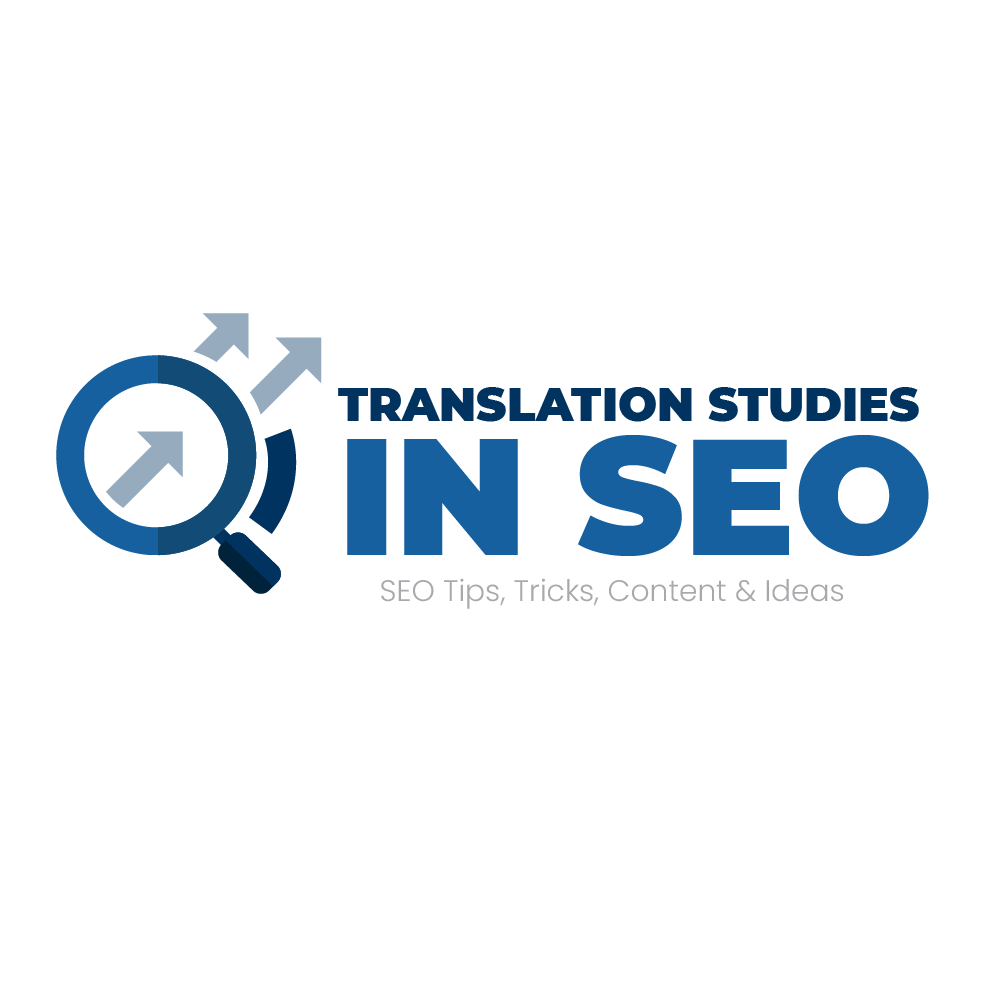In today’s digital age, having a strong online presence can significantly impact the success of your business. To achieve this, Search Engine Optimization (SEO) plays a pivotal role. SEO is the process of optimizing your website and content to rank higher on search engine results pages (SERPs) and attract organic traffic. In this ultimate guide, we will delve into the world of SEO, learn its importance, and explore strategies that business owners can implement to boost their online visibility and drive more customers to their websites.
Why SEO Matters for Business Owners
As a business owner, you strive to attract new customers and grow your revenue. SEO serves as the bridge between your offerings and potential customers actively searching for them. Here’s why SEO is crucial for your business success.
Increased Organic Traffic
Organic traffic refers to the users who visit your website through unpaid search engine results. A major advantage of SEO is that it helps drive high-quality organic traffic to your website. By optimizing your website and content for search engines, your business will become more visible to relevant users. The goal is to rank on the first page of search engine results as users rarely venture beyond it.
Builds Trust and Credibility
Ranking high on search engine results implies that search engines perceive your website as a credible source of information. Users inherently trust search engines and tend to choose websites listed within the top results. By investing in SEO, you can establish your business as a trusted authority, gaining credibility and the trust of your potential customers.
Cost-Effective Marketing Strategy
Compared to traditional advertising methods, implementing SEO techniques proves to be a more cost-effective marketing strategy. Instead of interrupting users with intrusive ads, SEO focuses on providing relevant and valuable content that customers are actively seeking. By consistently ranking highly on search engines, your business will reap the benefits of ongoing visibility without continually paying for each click or impression.
Better User Experience
Good SEO practices revolve around optimizing both the content and usability of your website. Optimization includes enhancing the website’s loading speed, ensuring intuitive navigation, and organizing information in a user-friendly manner. These improvements lead to a better overall user experience, resulting in longer site visits and increased chances of conversion. By solely focusing on user needs, you indirectly prioritize search engine requirements, further improving your SEO rankings.
Key SEO Strategies for Business Owners
Now that we understand the significance of SEO in today’s digital landscape, let’s explore some actionable strategies business owners can adopt to improve their online visibility, attract more potential customers, and ultimately grow their businesses.
1. Keyword Research and Optimization
Keyword research serves as the foundation of SEO. It involves identifying the words and phrases potential customers use when searching for products or services like yours. These keywords then need to be strategically placed in your website’s content, optimizing it for relevant search queries. Tools like Google Keyword Planner and SEMrush can assist in finding targeted keywords with high search volume and low competition. Remember, while keyword optimization is essential, always prioritize the naturalness and readability of your content.
2. High-Quality and Relevant Content
Creating compelling and informative content is not only crucial for attracting and engaging potential customers, but it is also vital for SEO. Search engines prioritize high-quality content that provides value to users. By publishing well-researched articles, blog posts, or videos, your website becomes more likely to be rewarded with better search engine rankings. Additionally, regularly updating your content signals to search engines that your website is current, further boosting your visibility.
3. On-Page Optimization
On-page optimization refers to optimizing individual webpages to improve their search engine rankings. This process includes ensuring your website’s meta tags, headings, URLs, and content align with relevant keywords. Focus on creating concise and descriptive meta titles, compelling meta descriptions, and headers that include your target keywords. Furthermore, optimize your URLs to be clear and concise, avoiding excessive words or special characters when possible.
4. Technical SEO
Technical SEO involves improving your website’s technical performance to enhance its visibility on search engines. Key aspects of technical SEO include optimizing your website’s loading speed, ensuring mobile-friendliness, fixing broken links, and creating a sitemap. Crisply performing technical elements help search engines crawl and index your website more efficiently, resulting in higher visibility and improved rankings.
5. Local SEO
If you are running a local business, local SEO is crucial to attract customers from your specific geographical area. Optimizing your website and Google My Business listing for location-based keywords will increase your chances of appearing in local pack listings, Google Maps results, and other local search elements. Additionally, encouraging customer reviews on platforms like Google and Yelp contribute to your overall local SEO efforts.
6. Backlink Building
Backlinks are incoming hyperlinks from external websites to your own. Search engines consider backlinks as votes of confidence, indicating that your website is a reputable source of information. Investing in acquiring high-quality backlinks can greatly impact your website’s visibility and search engine rankings. Reach out to relevant influencers or industry experts for possible collaborations or guest posting opportunities—a natural way to earn valuable backlinks.
Conclusion
As a business owner, implementing effective SEO strategies is vital for your online success. SEO not only improves your visibility on search engines, but it also builds trust, credibility, and leads to a better user experience. By conducting keyword research, optimizing your content, prioritizing on-page and technical optimization, and investing in backlink building and local SEO, your business can rise above the competition and attract customers searching for your specific offerings. With a commitment to continuous improvement and adaptation to changing algorithms, SEO can become a powerful tool in driving growth and achieving long-term success for your business.
